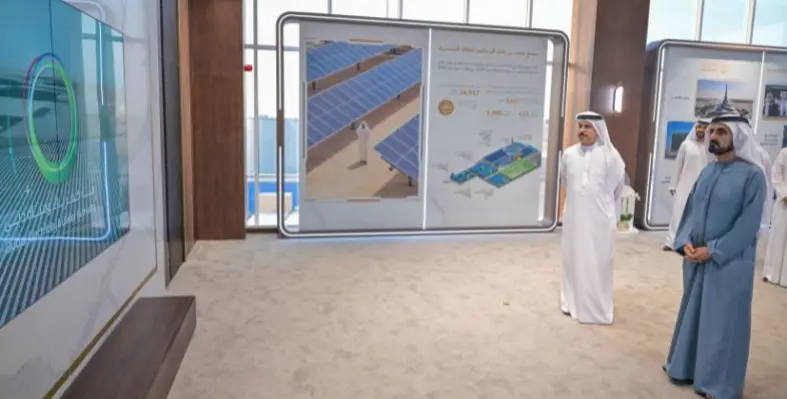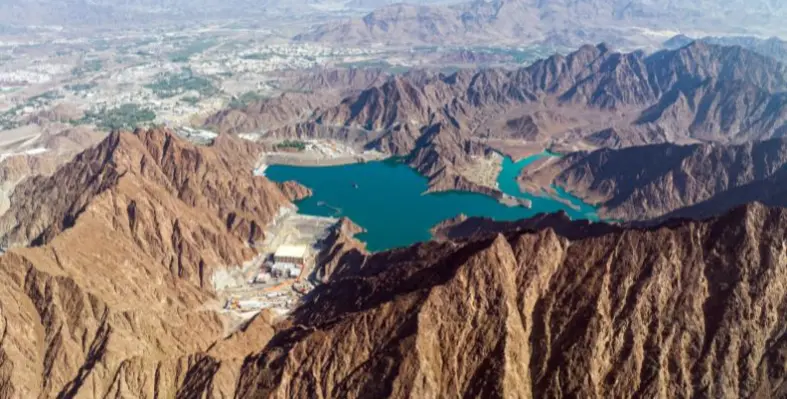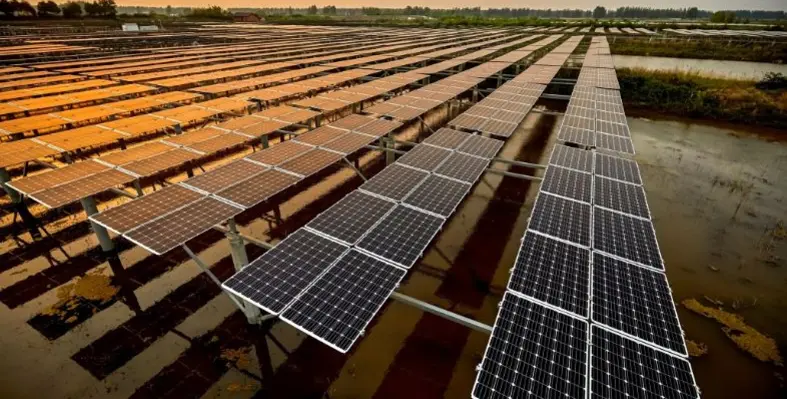The United Nations is celebrating the International Day of Clean Energy on 26 January, as a call to raise awareness and mobilise action for a just and inclusive transition to clean energy
The UN stated on its website that, “For populations without clean energy access, the lack of reliable power hinders education, healthcare, and economic opportunities, and many of these developing regions still rely heavily on polluting fossil fuels for their daily life, perpetuating poverty. If current trends continue, by 2030 one in four people will still use unsafe, unhealthy and inefficient cooking systems, such as burning wood or dung.”
The UN added that the world is not on track to achieve Sustainable Development Goal 7 (SDG7), which aims to ensure access to affordable, reliable, sustainable and modern energy for all by 2030.
The General Assembly will hold a Global Stocktaking on SDG7 in April this year to assess progress and recommend solutions.
26 January is also the founding date of the International Renewable Energy Agency (IRENA), a global intergovernmental agency established in 2009 to support countries in their energy transitions, serve as a platform for international cooperation, and provide data and analyses on clean energy technology, innovation, policy, finance and investment. IRENA is headquartered in Abu Dhabi in the UAE.
IRENA director-general Francesco La Camera said, “The establishment of an international day, largely thanks to the advocacy of the UAE and Panama as co-facilitators of the UN resolution, is a testament to the growing support for renewables seen worldwide. A fair, just, equitable, and urgent transition towards clean energy is essential to avoid the worst of climate effects and spur sustainable development.”
DEWA states its commitment to energy transition goals
HE Saeed Mohammed Al Tayer, MD & CEO of Dubai Electricity and Water Authority (DEWA), emphasised that the UAE is one of the leading countries in the transition towards clean and renewable energy. It ranked second globally in the Energy Transition pillar of the Green Future Index (GFI) 2023 and the 6th highest per capita consumer of solar energy in the world.
Al Tayer noted that DEWA supports national efforts to consolidate sustainability systems and programmes in various development sectors. The UAE aims to reduce greenhouse gas emissions by 19% in 2030, 62% in 2040, to reach net zero by 2050. The UAE also aims to triple the contribution of renewable energy and invest US$40bn to US$54bn (AED150bn to AED200bn) by 2030.
Net-Zero by 2030
The company also highlighted the main projects that will add to the UAE's energy transition goals.

Dubai ruler Sheikh Mohammed bin Rashid Al Maktoum inaugurates the fifth phase of the Mohammed bin Rashid Al Maktoum Solar Park in June 2023. (Image source: Dubai Media Centre)
According to DEWA, the Mohammed bin Rashid Al Maktoum Solar Park has reached 2,627MW, with a planned production capacity of 5,000MW by 2030. The plant uses the Independent Power Producer (IPP) model.
By the end of 2026, the solar park’s production capacity will reach 4,660MW, providing clean energy to 1.4 million houses. When completed in 2030, the solar park will reduce more than 6.5 million tonnes of carbon emissions annually.

The Hatta Dam in Dubai. (Image source: Dubai Media Centre)
Hatta's pumped-storage hydroelectric power plant will have a production capacity of 250MW, a storage capacity of 1,500 megawatt-hours, equivalent to 6 hours of storage, and a life span of 80 years.
The hydroelectric power plant will use water from the Hatta Dam and an upper reservoir that has been built in the mountain.
During off-peak hours, advanced turbines will use clean energy to pump water from the dam to the upper reservoir.
Turbines operated by the speed of the waterfall from the upper reservoir will be used to generate electricity through a 1.2-kilometre subterranean water canal, with storage of up to 78.9% and with a 90-second response to demand for electricity.
With a total investment of US$380mn (AED1.4bn), the project is expected to be completed in Q1 of 2025.
Dubai is also encouraging customers to install photovoltaic solar panels on the roofs of their buildings and facilities to meet part of their energy needs, as part of the Shams Dubai initiative.
DEWA's Green Hydrogen project, implemented in cooperation with Expo 2020 Dubai and Siemens Energy, produces 20 kilogrammes per hour of hydrogen, and the hydrogen gas storage tank can store up to 240 kilogrammes of hydrogen.








